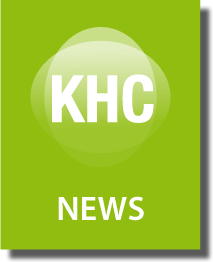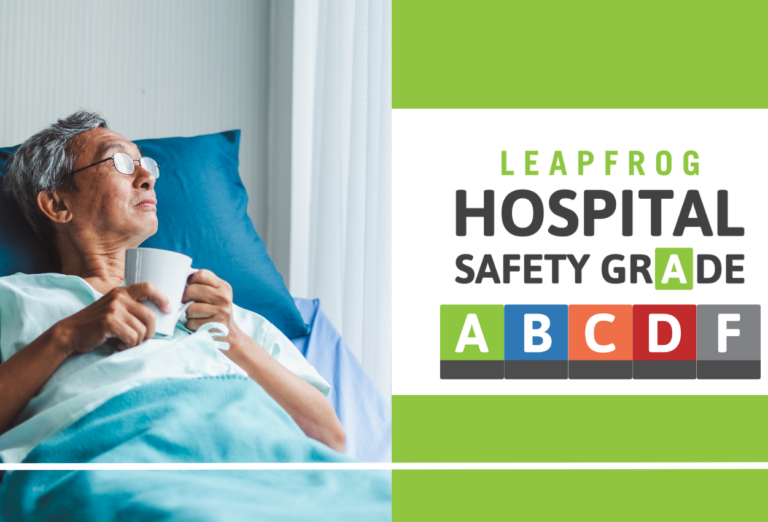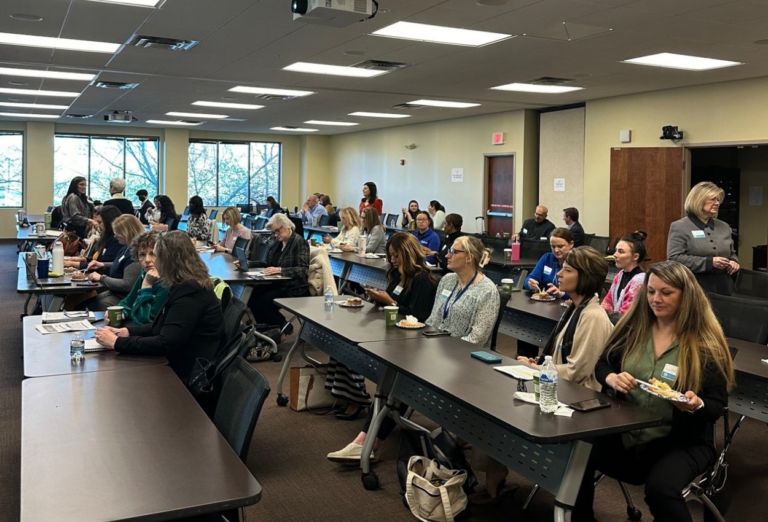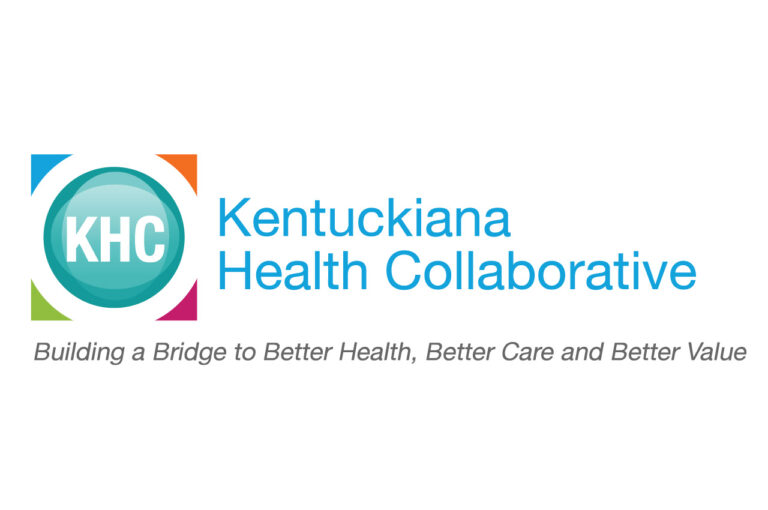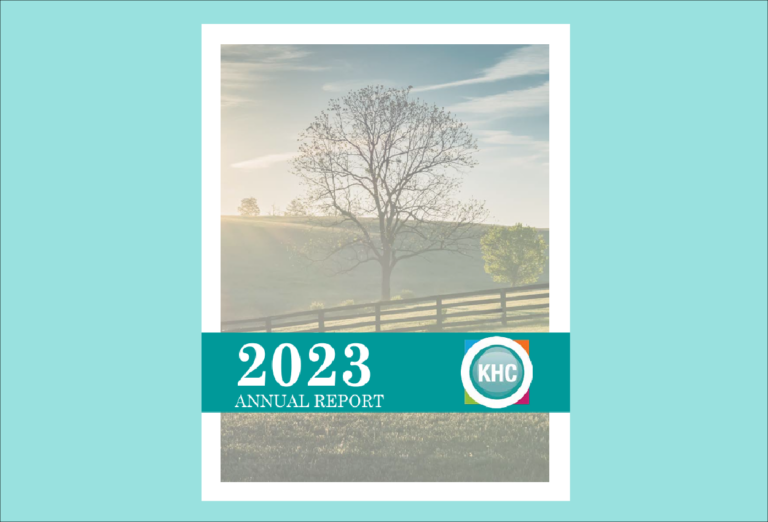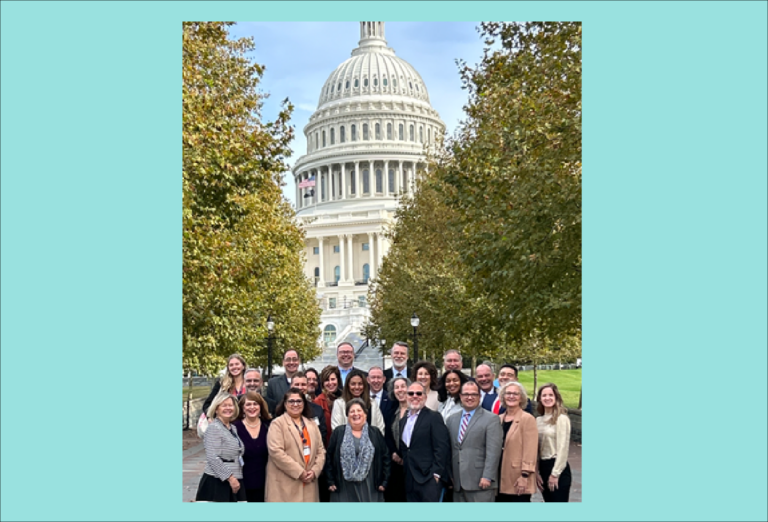It’s no secret that we have a problem with healthcare affordability in this country. Each day, there are new headlines that highlight this problem. We are all familiar with these headlines. But what do we do about it?
That’s exactly what we addressed in last week’s Community Health Forum, “The Path to Affordable Healthcare.” In a different format from our typical Community Health Forum, which lasts a couple of hours, “The Path to Affordable Healthcare” was extended to a half-day event and included an interactive portion, where participants worked in groups to create action items to tackle healthcare affordability in the region.
FORUM INVOLVED LEARNING AND TAKING ACTION
In the first half of the day, participants listened to several speakers and panelists discuss the lack of agreement on an affordability definition, the current state of healthcare affordability in the nation and region, the drivers of healthcare affordability, the role of regional collaboration, and the barriers that keep us from achieving affordable healthcare.
There was much interesting information given and discussion had in first half of the day, including three speaker presentations and a panel loaded with healthcare experts from across the Commonwealth (see agenda here). But the highlight of the day was the creation of action items by event participants designed to help develop a community action plan to address healthcare affordability in our community.
“For me the event just reconfirmed how pivotal the KHC is to the region. Having healthcare stakeholders (purchasers, payers, hospitals, and so on) all working to together to understand each other’s needs is the only way we are going to get true change to a fragmented system. Everyone will win when our healthcare systems provide quality care, access to care at an affordable cost. Alone we can accomplish nothing. Working together we can gain everything.” -DeAnna Hall, Manager Corporate Health & Wellness, LG&E KU
Working in groups, participants brainstormed and defined goals to prioritize and improve healthcare affordability as it relates to health, price, and waste – the drivers of healthcare affordability. The action items were not limited to what the KHC could accomplish, but for the community as a whole. Given the range of viewpoints in the room, the task became an energetic exercise. Ten ideas were identified and discussed with the larger group, and participants then identified and voted on their top three selections.
The action items were outlined, in descending order of votes:
1. Create a state-wide data warehouse with claims, electronic health records, and public health data to map price and quality variation. The warehouse will be led by the state and the KHC and the data will be used to partner with the next iteration of the RAND hospital price transparency study.
2. Create a statewide collaboration to identify the top three costly chronic conditions that have a gap in care and work to close gaps through payment innovation, patient education, aligned cost and quality measures, and care coordination.
3. Participate in a self-insured transparency study for Kentucky with the current iteration of the RAND hospital price transparency study and use the results of the study in next year’s contract negotiations.
4. Conduct a three-year pilot to create a workflow redesign to integrate social determinants of health, physical health, and mental health into a quality patient care management plan in Louisville Metro.
5. Create a knowledge transfer center for employers and health plans to define health transparency and value-based purchasing, to be operated by the KHC.
6. Promote competition and consumerism to drive affordability through legislation. Educate legislators on price transparency.
7. Promote healthcare transparency and affordability across all parties by removing data barriers.
8. Improve patient engagement with health coaches or community health workers, with a focus on preventive screening in rural areas of Kentucky.
9. Create a defined pathway for musculoskeletal outcomes pricing with reduction in imaging for low back pain. Each year, focus on specific employers.
10. Educate consumers, employers, students, etc., on healthcare benefit literacy.
“Active engagement, interaction, and partnership among government, payors, employers, and providers is essential to solving the dilemma of healthcare affordability in Kentucky. While we all share a common objective to provide high quality care to the citizens of the Commonwealth, we need to start four-way conversations to listen and understand perspectives and challenges and then use this information to create productive solutions. In our workgroup I believe each member learned something new about another’s perspective. As a first-time participant I look forward to opportunities for further engagement to offer a providers perspective and contribute to real problem solving.” -David Zimba, Managing Director, Kentucky Health Collaborative, and event panelist
NEXT STEPS
There is a clear want and need for better data around cost and quality in the Commonwealth. As the KHC data scientist, this is what I like to hear! It is impossible for any stakeholder – consumer, provider, plan, or other – to make informed and appropriate choices with large gaps in information. Transparency is key to healthcare affordability, as it provides insights and identifies problems. There was also a lot of talk around minimizing wasteful treatments and procedures that provide little or no benefit.
Many potential ideas were created at “The Path to Affordable Healthcare,” and the next step is to identify which can be and should be acted upon in the community. This event was held in partnership with the Network for Regional Healthcare Improvement (NRHI) to bring healthcare affordability to the forefront of healthcare transformation efforts through a campaign called Affordable Care Together. As part of that campaign, the KHC is required to create an action plan by January 15.
The KHC will take these action items back to its leadership team to determine which are appropriate for our organization to pursue. Look for more updates in the near future.
